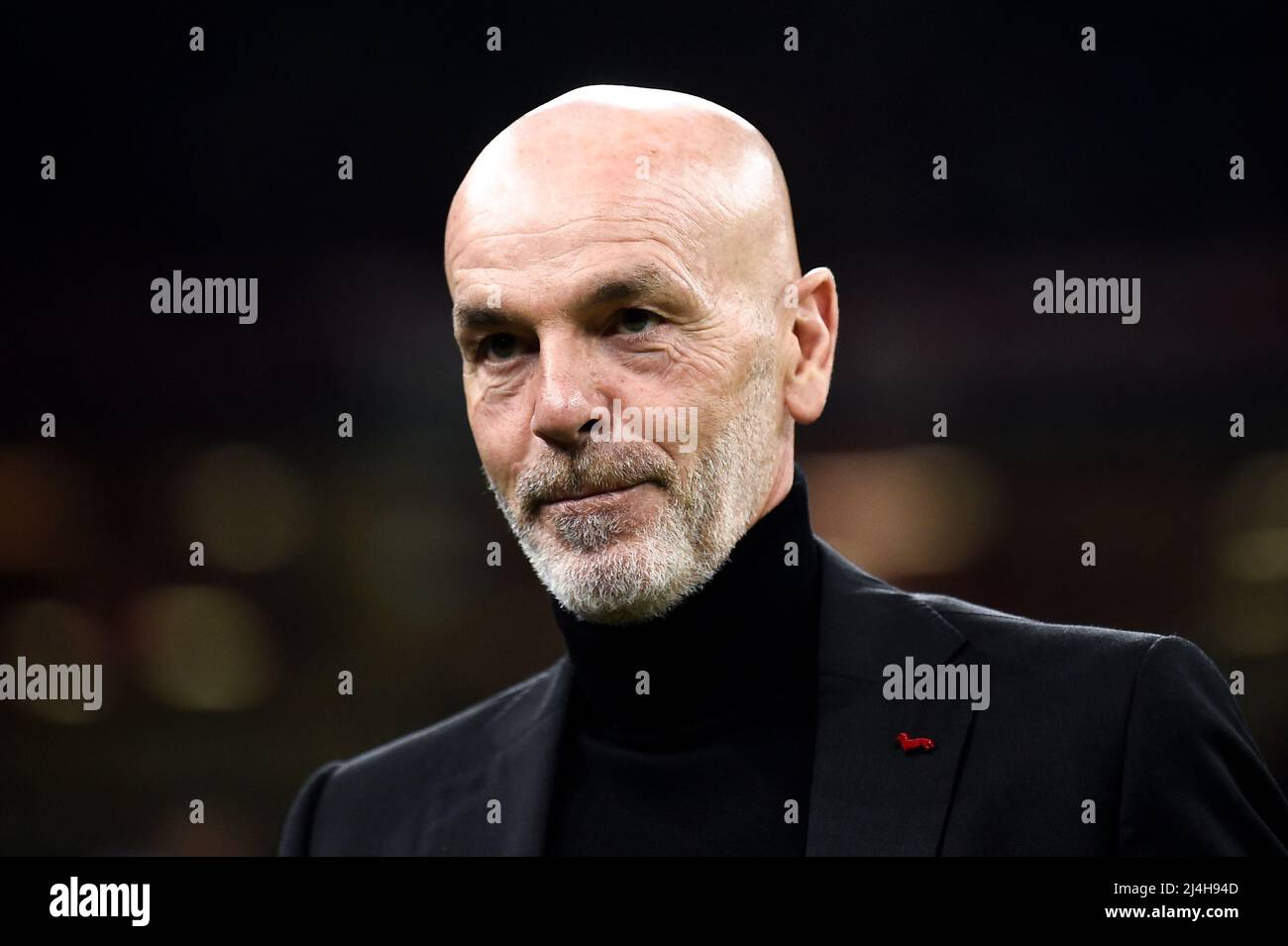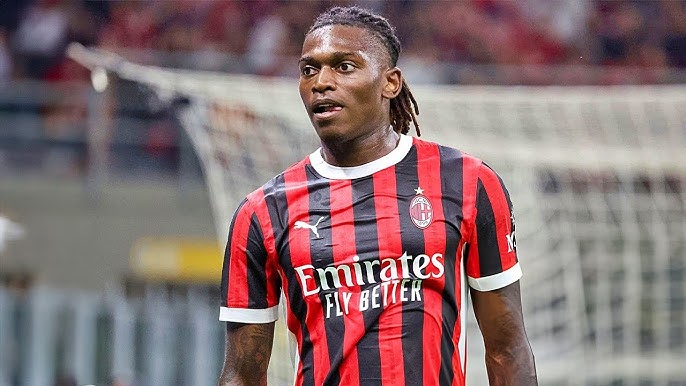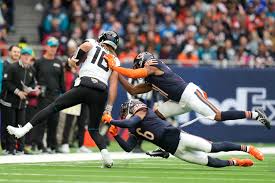Paulo Fonseca, the manager of AC Milan, recently announced his departure from the club, citing a combination of personal and professional reasons that have led him to step away from his role. After a season filled with both highs and lows, Fonseca’s decision marks the end of a tenure that saw AC Milan grappling with consistency in the highly competitive Serie A.

### Reasons for Departure
Fonseca’s announcement did not come as a total surprise to those following Milan closely, as rumors of potential management changes had been circulating over the past weeks. The manager highlighted several factors influencing his decision, including family commitments and the strain of managing a top-tier team in a league as demanding as Serie A. He expressed a deep appreciation for the club’s support but acknowledged that stepping down was the best decision for him personally and professionally at this time.
### The Impact on AC Milan
Fonseca’s departure leaves Milan in a challenging position mid-season. Under his leadership, Milan showed moments of brilliance but also faced challenges with squad depth, injuries, and occasional tactical inconsistencies. Although Fonseca implemented a fluid attacking style, critics argued that his approach sometimes left the team vulnerable defensively, particularly against top Italian sides like Inter Milan and Juventus.
This announcement has left fans and analysts speculating on the potential impact on AC Milan’s campaign. The club is currently vying for a Champions League spot, and consistency in management is crucial for securing such a position. Losing a manager mid-season often disrupts team dynamics, especially if the squad was heavily shaped by the departing coach’s philosophy.
### Fan and Player Reactions
Fans have had mixed reactions to Fonseca’s departure. Some express relief, feeling that the club needs fresh ideas and a stronger defensive approach. However, others have expressed disappointment, recognizing the progress Milan has made under Fonseca. The manager’s commitment to an attacking style of play and his development of young talents have been well-regarded, and many fear the next manager may not prioritize these aspects as much.
Players have also responded to the announcement, with many expressing gratitude for Fonseca’s role in their development. Star players have shared messages on social media, reflecting the impact he had on their careers and his role in creating a cohesive team environment. His relationship with key players like Rafael Leão, Sandro Tonali, and Theo Hernández reportedly played a significant role in Milan’s competitive performances.
### Potential Successors
As AC Milan searches for a successor, the club is expected to prioritize candidates with experience in Serie A and a tactical approach that balances Fonseca’s attacking mindset with a more robust defensive framework. Early rumors suggest that names like Antonio Conte, who recently left Tottenham, and former Fiorentina coach Vincenzo Italiano could be potential fits. Each candidate offers different strengths, and Milan’s choice will signal the club’s future direction.
Conte, known for his defensive acumen and experience in both Italian and European leagues, would bring a more structured approach to Milan’s backline, potentially stabilizing the team’s defensive issues. However, Conte’s high-intensity management style may clash with the club’s current dynamics. On the other hand, Italiano offers a progressive style that retains an attacking element similar to Fonseca’s philosophy. His experience with younger squads might make him a better fit for Milan’s talented roster.
### AC Milan’s Next Steps
The Milan board is under significant pressure to make a swift decision regarding Fonseca’s replacement to avoid further disruption in their season. As the club moves forward, they face the dual challenge of stabilizing the team in Serie A and ensuring a solid performance in European competitions.
Paulo Fonseca’s departure marks the end of an era characterized by both promise and unmet expectations. While the club’s immediate focus will be on finding a new manager, Fonseca’s influence on AC Milan’s style and player development will likely be felt for years to come. Fans will watch closely to see whether the club’s next appointment can build on Fonseca’s legacy while addressing the tactical and structural gaps left in his wake.
Ultimately, Fonseca’s decision underscores the intense pressures of managing at the top level, where personal sacrifices and professional demands often clash, and few tenures last without challenges. AC Milan now enters a pivotal period in its history, one that could determine its trajectory in both Italian and European football.



